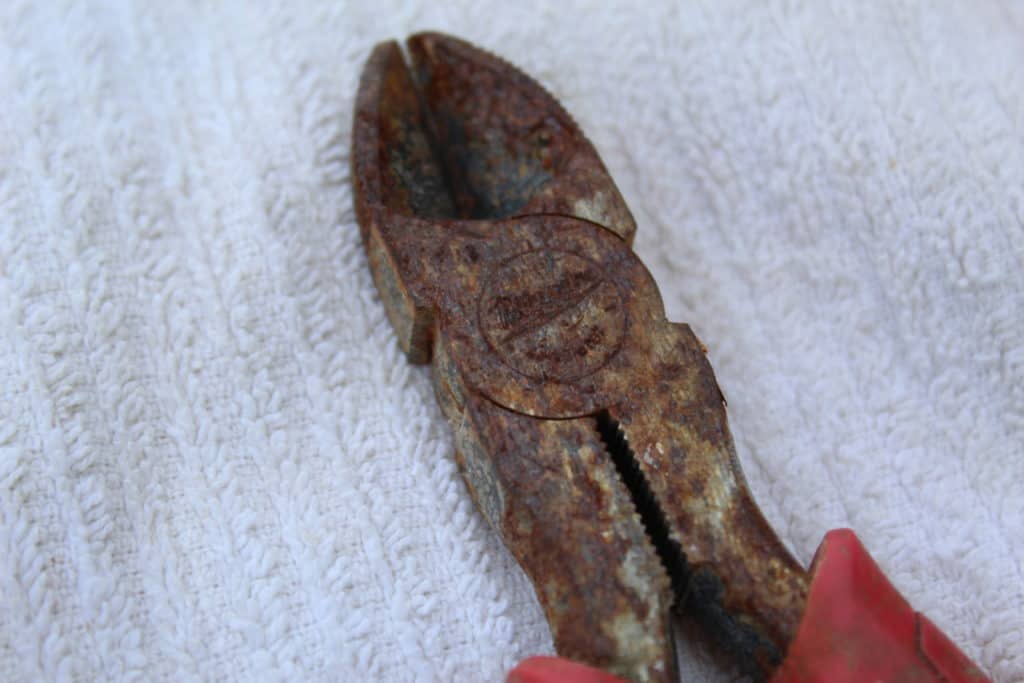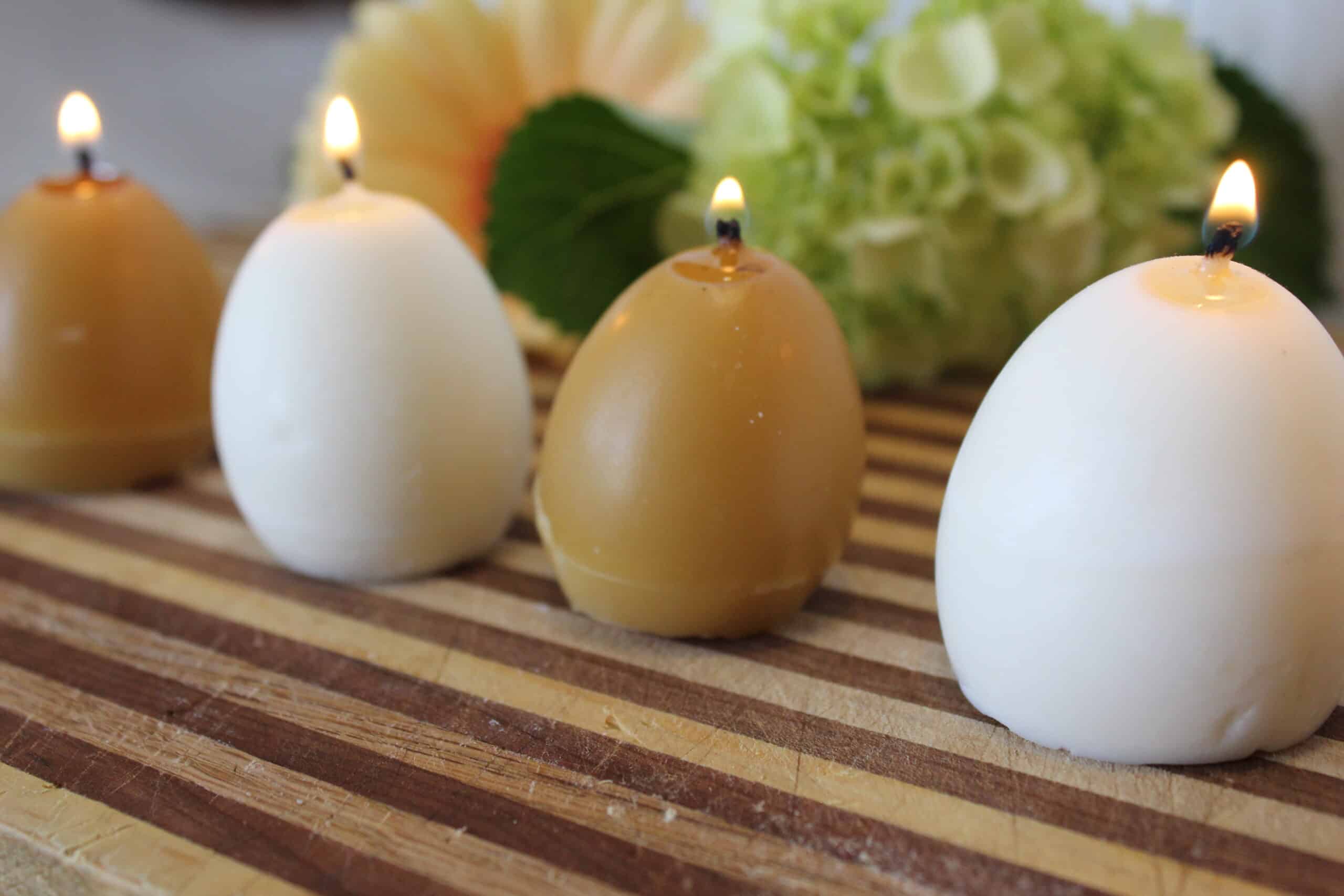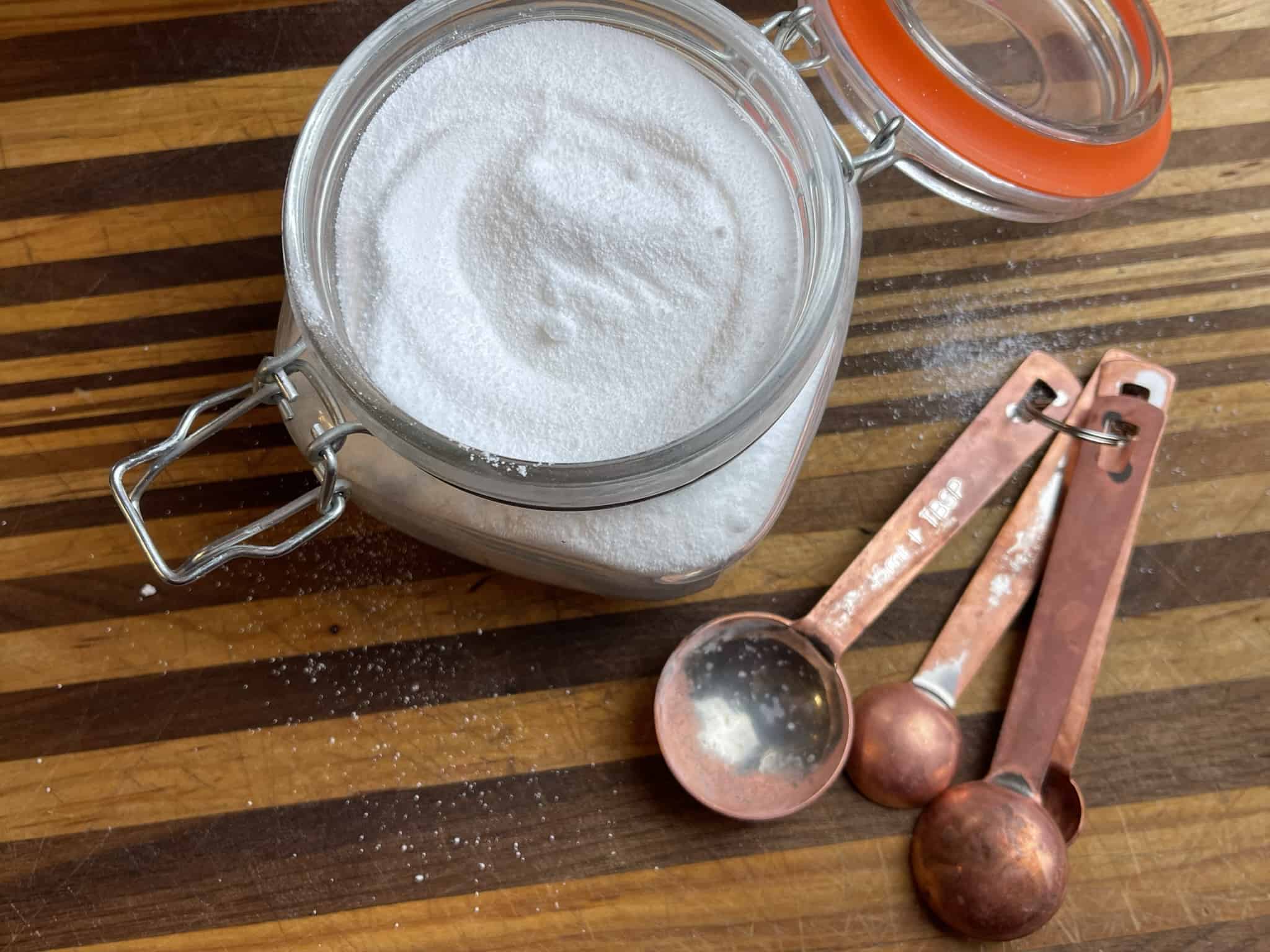How to Clean Rust from Garden Tools
Rusty hoe? No problem. Let’s learn how to clean rust from garden tools!
If you’re anything like me, and I’m sorry if you are, chances are good you have left a tool out in the rain. Or perhaps you are very much like me and you left many tools out not only in the rain, but under a blanket of snow all winter.
Look, in my defense…alright there IS no defense. I swore when I was an apprentice to a great mentor who always left tools lying around that I would never do the same. Yet here I am, ready to tackle a pile of rusty tools.
What is Rust?
Rust happens when iron and oxygen are met with excess moisture in the air or actual water. Given enough time, this chemical process can completely change a solid metal into rust to the point where it has corroded into nothingness.
Why is Rust Bad?
As we just covered, rust left unchecked can completely destroy metal. Rust also will make tools less sharp or prevent them from opening and closing properly, like my poor wire snips.
Rust also makes tools less efficient as soil will stick to them. When I worked at a vegetable CSA we were constantly cleaning off the blade of our transplanter to keep rust away so as not to drag pounds of soil along with us.

Supplies for Removing Rust
Thankfully rejuvenating a rusty tool is much easier than you might think. You very well may already have the supplies on hand.
- Vinegar
- Steel Wool or Metal Brush
- Old Rags
- WD40 – This can help loosen anything stuck tight by rust.
- Leather Gloves – That steel wool and metal brush can be pretty pokey.

Why Does Vinegar Remove Rust?
Vinegar is highly acidic and basically eats away at the rust. On the flip side, since vinegar is so acidic, you can make something rusty by spraying vinegar on it and letting it sit for a few minutes.
How to Clean Rust from Garden Tools
Small Tools
This process should only take a few hours at most, with only a little effort on your part.
For smaller tools, fill a bowl or jar with vinegar. The cheap and cheerful white vinegar will work just fine.
Immerse the rusty part of the tool in the vinegar and let it soak for a half hour to start, a few hours at most. Too long and the vinegar can have negative affects on the metal itself.

Remove the tool from the vinegar and wipe it down with an old rag.
Next, use the metal brush or steel wool to remove the rest of the rust. Fine grit sand paper can help with little nooks and crannies.

If the tool didn’t come clean after all that, let it soak again in the vinegar and repeat the process.
Wipe thoroughly dry with a clean cloth.
This post contains affiliate links, which means I make a small commission at no extra cost to you. See my full disclosure here.
Larger Tools
If you don’t feel like going through a whole bucket of vinegar, you can also soak a cloth in vinegar and wrap it around the garden tool. Wrap that in a plastic grocery bag and let it sit a half hour to a few hours at most. While vinegar is corrosive to rust, it is corrosive to metal in general.
Then proceed with the same steps as for smaller garden tools.
How to Prevent Garden Tools from Rusting
That old saying “An ounce of prevention is worth a pound of the cure” comes to mind here. You can keep your garden tools from needing the ol’ rust treatment by taking proper care of them.

Store Out of the Elements
This one should be a no-brainer but is probably the biggest culprit in making rusty tools. Just put the tools away! I say this to myself more than you. Keep tools dry and out of rain and snow.
Clean After Use
A quick way to rust is leaving garden tools dirty. Hose them off or wipe them down to prevent rust from getting a foothold.

Oil Tools
I once worked with a farmer who kept a big bucket in the corner of his garden shed filled with sand and oil. Every time we used the garden tools they were cleaned off, then we dunked them a few times in the sand/oil bucket. They always came out shining and new.
You can make your own sand/oil bucket easily. I’d recommend using a five gallon bucket with a lid. Fill it halfway with a fine sand, then add in oil until it is the consistency of beach sand. Keep the lid on when not in use.
To keep your soil and vegetables safe, I would recommend using a food grade mineral oil. May as well buy a whole gallon as mineral oil can be used to condition your wood kitchen items or be given to livestock as a supplement or bloat treatment.
Shop this Post
As always, please shop local whenever you can. If you are in a pinch though and prefer to order it, here are some Amazon options.
Pin it for Later








One Comment
Comments are closed.